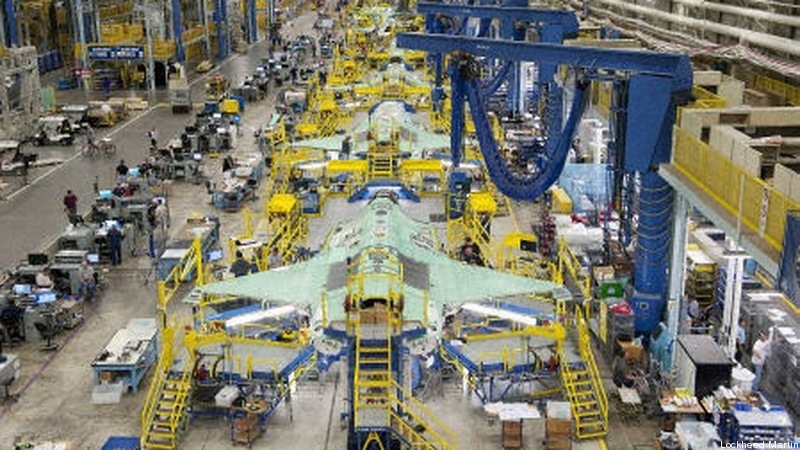Butter Beats Guns At Creating Jobs, Profs Say
Posted on

WASHINGTON: As the election campaign heats up, so does the debate over guns and butter. Defense Secretary Panetta and his crew, joined by the GOP, say we must fund the Pentagon. Our security is at stake in a highly uncertain world. Jobs — good paying, high-tech jobs — are at risk, they say.
Some Democrats and other observers — including the neo-isolationist wing of the GOP now known as the Tea Party — want foreign bases cut and wonder why we pour so much treasure into the military at a time when we are pulling out of our two biggest wars.
The latest nugget in this debate comes from the brainy folks at the University of Massachusetts at Amherst. “Our key finding is that spending on the military is a poor source of job creation relative to spending on the green economy, health care, education, or even personal household consumption,” write Robert Pollin and Heidi Garrett-Peltier, professors of political economy at UMass-Amherst.
On the other hand, Pollin and his colleague concede that budget cuts “could not help but produce large reductions in employment” because the Pentagon is a “major employer.” Since defense spending supports “nearly 6 million jobs” and many of those are “well-paying and professional challenging” those job losses would presumably be particularly painful. But Pollin says that the “most important question is not the absolute number of jobs” but whether spending it elsewhere might generate more jobs. Their conclusion might seem powerful to someone weighing whether to spend on defense or on the other types of jobs listed above. Especially since their finding is that spending in those other sectors would generate between 50 percent and 140 percent more jobs than if the money was spent on defense. Fair enough.
But here’s where we get into the nitty gritty of the choices our society must make. Fred Downey, who represents the influential Aerospace Industries Association, argues that we can ill afford to cut the high-paying jobs that employ uniquely skilled individuals, such as those who create the algorithms used to make radar effective.
He rejected Pollin’s claims that redirecting the federal funding to other types of jobs might be more effective in creating jobs. “Number one, I would say those are potential jobs versus actual, real jobs. Number two, I’m not sure that trading an $80,000 a year engineer’s job for a $30,000 education job makes a whole lot of sense, especially since the American advantage internationally is in aerospace exports,: Downey said.
His other point is that defense spending often leads to whole new civilian industries. Downey cited GPS and that thing DARPA invented called the Internet as examples. Interestingly, Pollin agrees with most of Downey’s arguments. Where they disagree is on the basic question of whether the Pentagon can sustain major cuts at this time. Downey says the world is in many ways more dangerous and uncertain than it has been in many years. Pollin argues that with the wars in Afghanistan and Iraq winding down we can go back to spending levels of 3 percent to 3.5 percent of Gross Domestic Product. “It should go back down to where we were before,” the professor said.
Take that “saved” money, Pollin argues, and move it from guns to butter (or something technologically more advanced.) That will generate more jobs than if it were spent on defense. If we lose some of the skills Downey referenced, that is a price Pollin is wiling to accept. Voters, over to you.
Subscribe to our newsletter
Promotions, new products and sales. Directly to your inbox.
